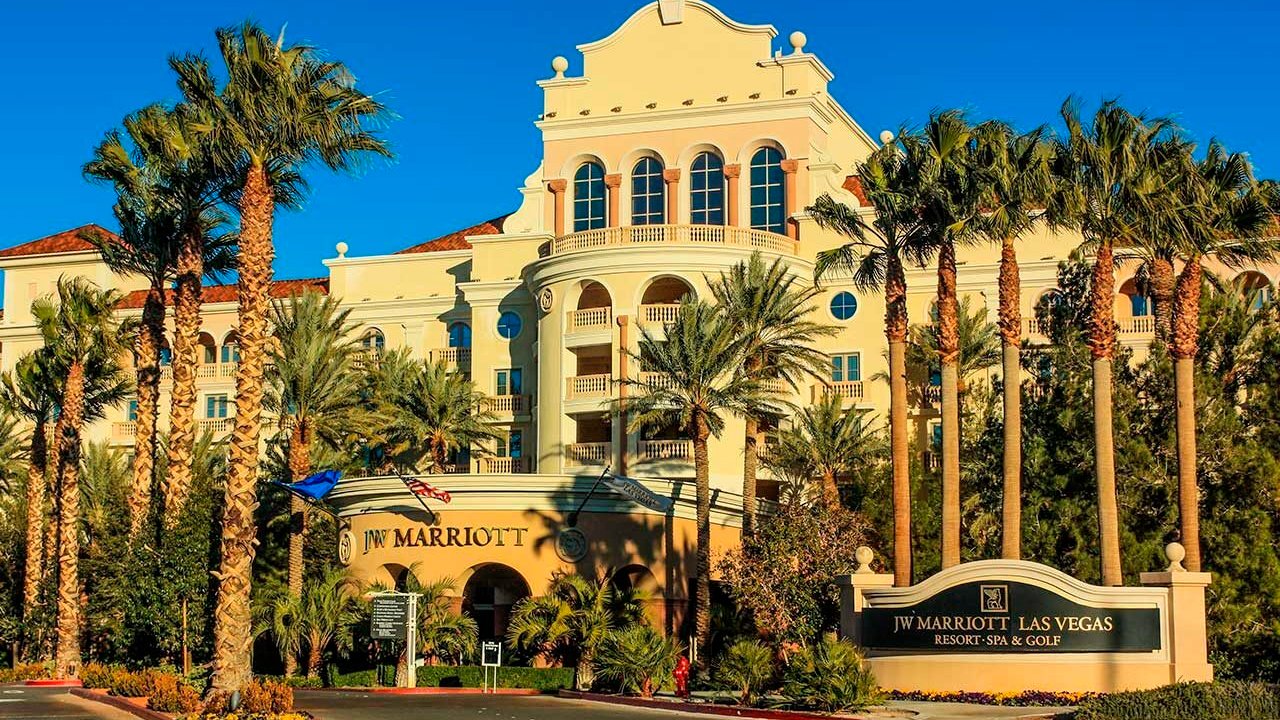Nevada regulator to approve Marriot’s pop-up casino set to exist for only eight hours
The Nevada Gaming Control Board (NGCB) has unanimously recommended the approval of a temporary gaming license for a “pop-up” casino that will exist for only eight hours in a tent on a street corner near the Las Vegas Convention Center, at the former site of The Beach, at Paradise Road and Convention Center Drive. The Commission is expected to consider final approval of the request at its May 18 meeting.
The tent in question will contain 16 slot machines and will be operated by Century Gaming Technologies subsidiary United Coin Machine (UCM). It will exist, briefly, solely for the purpose of preserving a grandfathered gaming license acquired by Marriott International when it bought the 1.35-acre plot on which The Beach Nightclub once stood.
Debbie Cornine, director of compliance for Century, told board members her company would set up a tent at the vacant lot and operate 16 slot machines for eight hours beginning at 6 a.m. on May 23. She said the company is establishing temporary gaming on behalf of Marriott, which doesn’t want the value of the land to diminish should its gaming license lapse, as the company hopes to one day use it for a resort, sell it, or lease it to a developer, as reported by the Las Vegas Review-Journal.

Clark County laws state that a licensee must offer commercial gaming for at least eight hours at least once every 18 months in order to maintain their license. Sixteen slots are the minimum permitted under these rules.
Dennis Neilander, an attorney representing Marriott, said the company has been stalled in its efforts to develop the property because of the effects of the COVID-19 outbreak and the rough economy.
Marriott operates around 1,000 rooms at five hotel properties in close proximity to the lot where The Beach once stood. Neilander said there is a plan to consolidate these properties into one resort across 16 acres, which would include the The Beach site. But if the gaming license were to lapse, the land would lose value.
Neilander said the company has been required to maintain its gaming license since The Beach closed in 2006. He said the pattern has been to court or field interest in financing a larger project, but because of the slowed economy, Marriott has never brought a final proposal to the finish line and has resorted to re-establishing its gaming license every 18 months. He acknowledged the process “can’t go on forever.”

